Houston Rideshare Accident Attorneys
Get Lassiter or Get Less
Riding in an Uber or Lyft in Houston should be safe. However, with the city’s rapidly expanding population and traffic, rideshare accidents are becoming all too frequent. In 2023 alone, Houston had more than 66,000 vehicle accidents, many of which involved app-based drivers. When accidents do happen, victims require quick, efficient legal assistance from a team that knows how to navigate rideshare injury claims.
At Lassiter Law, our Houston rideshare accident attorneys move quickly to protect your rights. We handle tough insurance issues, maintain valuable evidence, and fight to get you maximum recovery. Whether you were a passenger, pedestrian, or another driver, our firm is ready to hold the responsible party accountable.
Timing is everything after a crash. Putting off action causes lost evidence, denied claims, and lower settlements. We know how to act fast. We also know how to challenge every tactic used by billion-dollar insurance companies in attempting to pay out less. To learn more about how insurance coverage works on rideshare claims, read Uber’s insurance policy and Lyft’s insurance page.
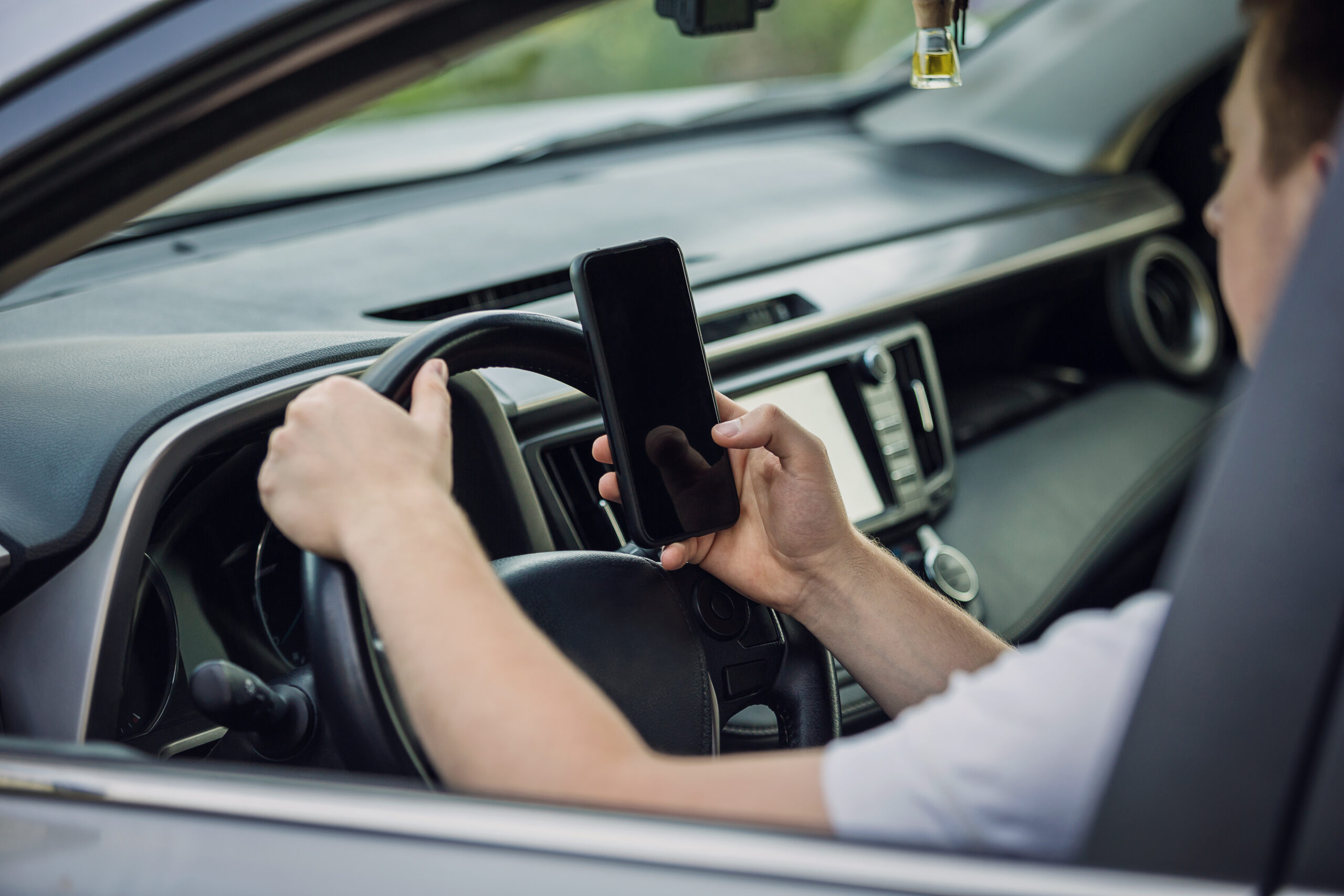
The Legal Complexities of Uber and Lyft Accident Claims in Texas
Not all car accident cases are created equal. When a crash involves a rideshare vehicle like an Uber or Lyft, the legal process becomes much more complicated. That’s because the driver’s status on the app at the moment of the crash determines which insurance policy applies—and how much coverage is available.
For victims of rideshare collisions in Texas, this makes the road to compensation tricky to navigate. Without the right legal help, your claim could be delayed, reduced, or denied entirely. That’s why working with skilled Houston rideshare accident attorneys is essential. At Lassiter Law, we know how to break through red tape, get clear answers, and make sure the right party pays.
To better understand how these cases work, let’s walk through each rideshare coverage level and explain what it means for your claim. For further reading, visit the Lyft Insurance Overview and Texas Department of Insurance – Auto Claims Guide.
Rideshare Insurance Tiers: How App Status Affects Your Case
Uber and Lyft divide insurance coverage into three distinct timeframes, based on the driver’s activity within the app. Each tier offers a different level of coverage—and understanding these differences is key to a successful claim.
The Driver Was Not Using the App
If the Uber or Lyft driver was not logged into the app when the accident happened, they were not working for the company at that time.
Here’s what this means:
- Uber and Lyft will not provide any insurance coverage
- The driver’s personal auto insurance must cover the damages
- Personal policies usually offer less coverage, especially for serious injuries
In this case, you are essentially dealing with a standard car accident claim. However, these claims can still be difficult—especially if the at-fault driver carries minimal insurance. Our firm often investigates whether any umbrella or secondary policies are available to maximize recovery.
The Driver Was Logged In, But Hadn’t Accepted a Ride
If the driver was logged into the app, but had not yet accepted a trip request, Uber and Lyft offer limited third-party coverage.
Coverage at this stage includes:
- $50,000 for injury per person
- $100,000 total for injuries per accident
- $25,000 for property damage
These limits apply only if the driver is found at fault. If someone else caused the crash, you may need to pursue a separate claim against that third party. It’s also important to note that this level of coverage may not be enough to cover major injuries or long-term medical care.
Our team makes sure that every dollar of available coverage is pursued—and we fight back if insurers try to shift blame.
The Driver Had Accepted a Ride or Was Transporting a Passenger
This is where the highest level of insurance applies. If the driver had just accepted a ride or already had a passenger in the vehicle, Uber and Lyft provide their full commercial insurance policy.
That includes:
- Up to $1 million in liability coverage
- Uninsured and underinsured motorist protection
- Comprehensive and collision coverage (if the driver has personal insurance)
This insurance protects everyone involved in the crash, including:
- Uber or Lyft passengers
- Other drivers and their passengers
- Pedestrians or cyclists who were hit
- Property owners if structures were damaged
Even in these higher coverage situations, Uber and Lyft may still try to avoid responsibility. Insurers often argue about the exact moment the ride started or ended. They may even suggest the app was off to reduce their obligation. Our legal team works quickly to obtain app usage logs, trip receipts, and GPS records to prove exactly what was happening at the time of the crash.
For more technical insight, view Uber’s Insurance Policy Details.
Why This Matters for Your Houston Rideshare Accident Claim
Understanding these app status categories isn’t just technical—it can determine the entire value of your case. If insurers place the driver in the wrong category, you could lose access to thousands—or even hundreds of thousands—of dollars in compensation.
That’s why our Houston Uber accident lawyers don’t leave anything to chance. We move fast to:
- Identify the driver’s exact app activity
- Determine the correct insurance policy
- Challenge denials and force companies to pay
Timing is critical. If you wait too long, the data could disappear—or worse, be altered to work against you. Contact our team as soon as possible after your accident so we can preserve the evidence and build your strongest case from the start.
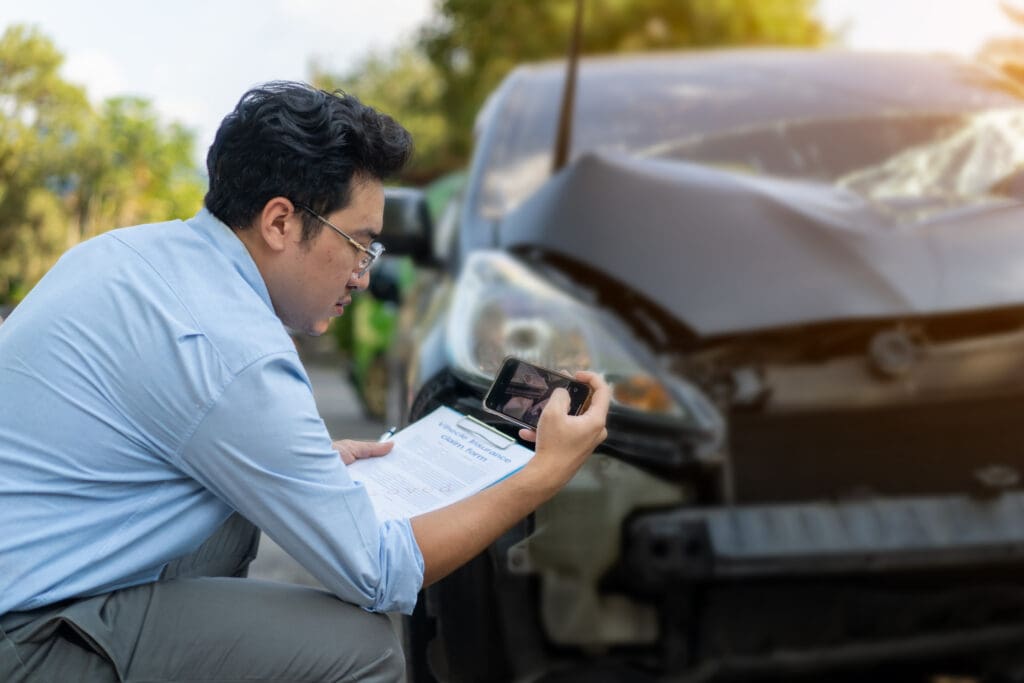
Who Can Be Held Responsible After a Rideshare Accident in Houston?
After a rideshare crash, one of the first questions victims ask is: Who is legally responsible for my injuries? The answer is rarely simple. That’s because multiple parties may share liability, depending on how the accident occurred and what went wrong.
At Lassiter Law, our experienced Houston rideshare accident attorneys know how to investigate these cases thoroughly. We examine every angle, uncover all sources of negligence, and build strong claims that hold the right people accountable.
Liability in Rideshare Accidents Is Not Always Straightforward
When you’re hurt in a crash involving Uber or Lyft, the blame doesn’t always fall on just one person. In many cases, responsibility is split among several parties. Each one may carry a separate insurance policy—and each will try to avoid paying.
Why Multiple Liable Parties Can Strengthen Your Case
Having more than one at-fault party might seem confusing—but in reality, it can increase your chances of full compensation. That’s because:
- Each party may hold a different insurance policy
- We can pursue multiple claims at once
- If one party is underinsured, another may cover the difference
Our attorneys are skilled in coordinating complex, multi-defendant cases. We also make sure that no insurer shifts the blame to someone else just to avoid payment.
The Rideshare Driver
The most obvious party is the Uber or Lyft driver. If they were distracted, speeding, or driving recklessly, they could be fully or partially at fault.
Common examples of driver negligence:
- Looking at the rideshare app instead of the road
- Making unsafe lane changes
- Failing to yield or obey traffic signals
- Driving drowsy or under the influence
If we can prove the driver’s behavior caused the accident, we pursue claims against their personal and rideshare-provided coverage.
The Rideshare Company
Uber and Lyft often claim their drivers are “independent contractors.” This label helps them avoid direct lawsuits. However, that doesn’t mean they’re off the hook.
They may still be held accountable if they:
- Failed to screen or train the driver properly
- Ignored safety complaints from passengers
- Allowed unsafe drivers to stay on the platform
In certain cases, we can file a negligent hiring or supervision claim directly against the rideshare company. These claims are complex but can result in higher settlements. For insight on how rideshare companies defend these cases, see Nolo’s guide to Uber and Lyft liability.
Another At-Fault Driver
Not every rideshare crash is caused by the Uber or Lyft driver. Sometimes, a third-party driver runs a red light or fails to yield, causing the collision.
In those cases:
- We file a claim against the third-party’s insurance
- If their coverage is too low, we tap into Uber or Lyft’s uninsured/underinsured motorist policy
Our legal team handles both claims simultaneously, ensuring that your medical bills, lost wages, and other damages are fully covered—no matter who was at fault.
Vehicle or Parts Manufacturers
Sometimes, a mechanical failure plays a role in the crash. Faulty brakes, airbags, or steering systems can all contribute to a serious accident.
In these cases:
- We investigate the vehicle’s maintenance records
- We consult automotive experts
- If a defect is found, we may sue the manufacturer or maintenance provider
Product liability claims are complex but can lead to substantial compensation when proven.
Government Entities or Contractors
In rare cases, poor road conditions contribute to a rideshare crash. For example:
- Potholes or loose debris cause a loss of control
- Missing signage leads to confusion at intersections
- Malfunctioning traffic lights create hazards
If a public agency failed to maintain the road safely, they may be held liable. However, these claims involve special deadlines and legal notice requirements, so time is critical.
For more on claims involving government negligence in Texas, review the Texas Tort Claims Act.
Why Multiple Liable Parties Can Strengthen Your Case
Having more than one at-fault party might seem confusing—but in reality, it can increase your chances of full compensation. That’s because:
- Each party may hold a different insurance policy
- We can pursue multiple claims at once
- If one party is underinsured, another may cover the difference
Our attorneys are skilled in coordinating complex, multi-defendant cases. We also make sure that no insurer shifts the blame to someone else just to avoid payment.
Learn more about car accident case value and compensation
Hurt in an Auto Accident? Get LASSITER or Get LESS
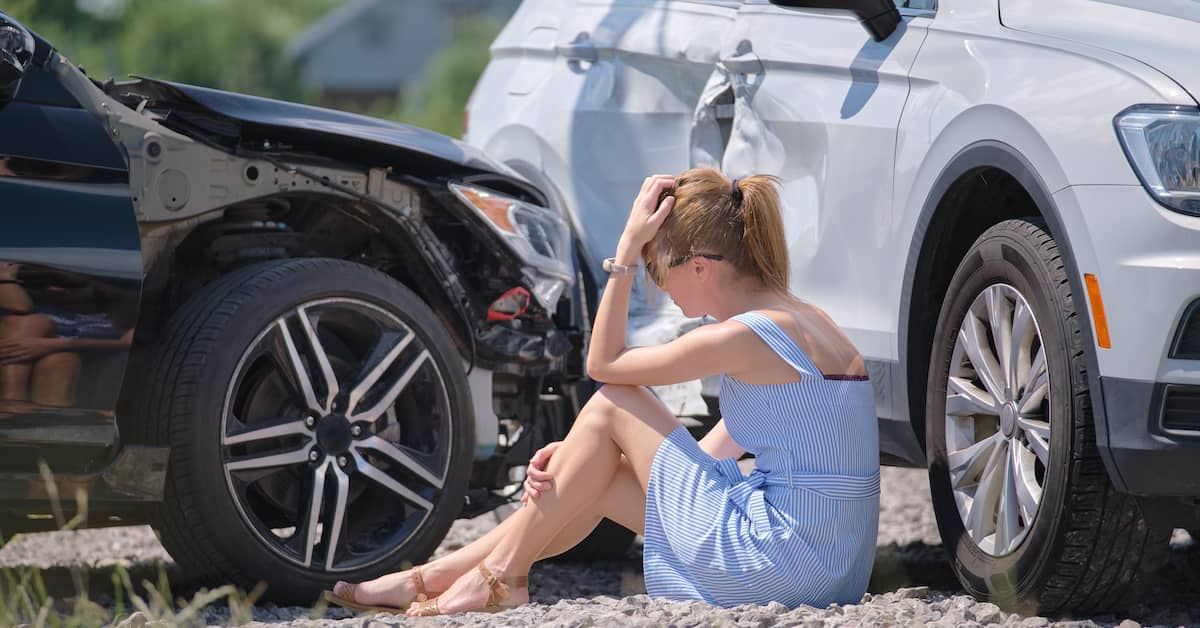
How Houston-Area Rideshare Accidents Can Disrupt Your Health and Future
Houston’s streets are some of the busiest in the country. From I-10 and the 610 Loop to packed downtown intersections near Midtown and the Medical Center, Uber and Lyft drivers navigate high-pressure zones every day. When crashes happen in these environments, the impact on your body can be severe and long-lasting.
At Lassiter Law, our Houston rideshare accident attorneys work with medical experts, trauma specialists, and economists to fully understand—and explain—how these injuries affect your health, finances, and quality of life. Below are some of the most common injuries we see in cases involving rideshare collisions across Greater Houston.
Neck Trauma from Stop-and-Go Traffic on the 610 Loop
Rideshare collisions in bumper-to-bumper traffic often result in sudden jerks or rear-end impacts—especially along I-610 during rush hour.
Whiplash and Cervical Strain
Whiplash may sound minor, but it can cause months of stiffness, pain, and reduced range of motion. The neck’s soft tissue is highly vulnerable when jolted forward and back. Left untreated, whiplash can evolve into chronic conditions that affect your work and sleep.
We ensure clients receive proper imaging—like MRIs or CT scans—to validate these injuries, especially when insurers try to downplay their significance.
Head Injuries from Collisions Near Downtown Houston
Tightly packed intersections in the downtown core—especially near Main Street or the Theater District—create a high risk for T-bone or side-impact crashes.
Concussions and Traumatic Brain Injuries (TBIs)
Even with seatbelts, sudden jolts can cause your head to strike the window, dashboard, or headrest. These impacts often result in concussions or more serious traumatic brain injuries. Symptoms can include:
- Memory issues
- Mood swings
- Blurred vision
- Sensitivity to noise or light
TBIs often go undiagnosed in the early days after a crash. That’s why our firm partners with neurologists and neuropsychologists to assess the full impact of brain trauma.
For additional insight, refer to the CDC’s Brain Injury Resource Center.
Spinal Injuries from Freeway Crashes on I-45 and US-59
Houston’s freeways are frequent sites of high-speed rideshare crashes. When vehicles collide at 60+ mph, the spine often takes the brunt of the force.
Herniated Discs and Nerve Compression
Spinal trauma may not be visible, but it can completely alter your mobility. Victims often experience:
- Radiating pain down arms or legs
- Numbness or tingling
- Loss of strength or coordination
Some injuries require surgery or long-term therapy. We make sure these future medical costs are fully factored into your compensation demand.
Bone Breaks from Intersection Collisions in The Heights and Montrose
In residential zones like The Heights or Montrose, rideshare vehicles often collide at intersections—especially when drivers fail to yield.
Fractures and Joint Damage
Broken arms, wrists, hips, or knees are common when passengers brace for impact or are slammed against vehicle interiors. These injuries often require:
- Surgery
- Screws or plates
- Extensive physical therapy
At Lassiter Law, we consult orthopedic experts to document how these injuries limit your work, recreation, or daily living.
Psychological Injuries After Rideshare Crashes Near NRG Stadium or the Galleria
The shock of a serious rideshare crash can stick with you—especially if it occurred during a fun night out or family outing.
Post-Traumatic Stress and Driving Anxiety
Many victims suffer psychological symptoms after the physical wounds heal. These can include:
- Flashbacks or nightmares
- Fear of riding in cars
- Sleep disturbances
- Panic attacks
Emotional trauma deserves just as much attention as physical injuries. That’s why we build non-economic damage claims supported by therapist evaluations and personal journals.
Free Case Review
If you’ve been injured, call us right away. Schedule a free case review, find out how much your case may be worth, learn more about your financial rights after an injury. It’s a FREE call.
Why Taking Immediate Action After a Houston Rideshare Crash Protects Your Rights
After an Uber or Lyft accident in Houston, every second counts. Whether you were hit on Westheimer, injured near the Energy Corridor, or sideswiped in the Museum District, the steps you take right after the crash can make or break your case.
At Lassiter Law, our rideshare injury attorneys in Houston respond fast—because delay often works in the rideshare company’s favor, not yours. Insurers waste no time collecting statements, inspecting vehicles, and building defenses. You need an advocate who moves just as quickly.
Fast Action Secures Crucial Evidence
Many of the most important pieces of evidence in rideshare cases are digital—and they can vanish quickly if you don’t act.
App Logs and Ride Data Can Disappear
Uber and Lyft record when a driver accepts a trip, starts a ride, and ends it. These records are vital because they help determine which insurance policy applies. But the companies aren’t required to store this data forever.
If you wait too long:
- The trip may no longer appear in their system
- GPS logs may be overwritten
- Evidence may be “lost” or altered
Our attorneys send legal preservation notices right away, forcing Uber and Lyft to maintain ride records before they’re gone for good.
Witnesses and Camera Footage Fade Fast
In Houston’s dense urban areas—like Midtown, Uptown, or the Galleria—traffic cams, dash cams, and business surveillance can capture the crash. But most systems record over footage after just 7 to 30 days.
At Lassiter Law, we act quickly to:
- Request traffic footage from city agencies
- Secure video from nearby businesses
- Locate dash cam recordings from rideshare drivers or other motorists
We also reach out to witnesses immediately. As days go by, memories fade—and crucial testimony could be lost forever.
Medical Documentation Tells the Full Story
Your medical records play a critical role in proving how serious your injuries are. However, delays in seeking care allow insurers to argue that your injuries weren’t related to the crash.
Get Medical Treatment Immediately
Even if you feel fine, it’s essential to visit a doctor or emergency room after a rideshare accident. Many conditions—like concussions, soft tissue injuries, or internal bleeding—don’t show symptoms right away.
Some of Houston’s top hospitals for trauma care include:
We help clients document their symptoms and follow up with the right specialists so nothing goes unreported or undervalued.
Insurance Companies Use Delay Against You
If you don’t speak to an attorney early, you risk saying or doing something that could harm your case. Insurance companies are trained to take advantage of victims in the first few days after a crash—when you’re still in shock and unsure of your rights.
Protect Yourself from Recorded Statements
Uber and Lyft’s insurers may call you quickly to ask for a statement. What you say could be twisted or taken out of context.
Here’s how we protect you:
- We handle all communication with insurance companies
- We prevent unfair blame-shifting tactics
- We build your case while you focus on recovery
Don’t face corporate adjusters alone. Let our Houston Uber accident lawyers do the talking while you heal.
Filing Deadlines Can Cut Off Your Claim
In Texas, the statute of limitations for most personal injury cases is two years from the date of the crash. But waiting even a few weeks can damage your claim.
Why Early Legal Involvement Leads to Bigger Settlements
The sooner we start building your case, the stronger it becomes. Early involvement allows us to:
- Lock down evidence before it disappears
- Identify all liable parties
- Calculate damages with medical and financial experts
This proactive approach often leads to faster and higher-value settlements—without needing to go to court. If trial becomes necessary, we’re already a step ahead.
To learn more about deadlines and legal timelines, visit the Texas Civil Practice and Remedies Code § 16.003.
Put Houston’s Trusted Rideshare Attorneys to Work for You Today
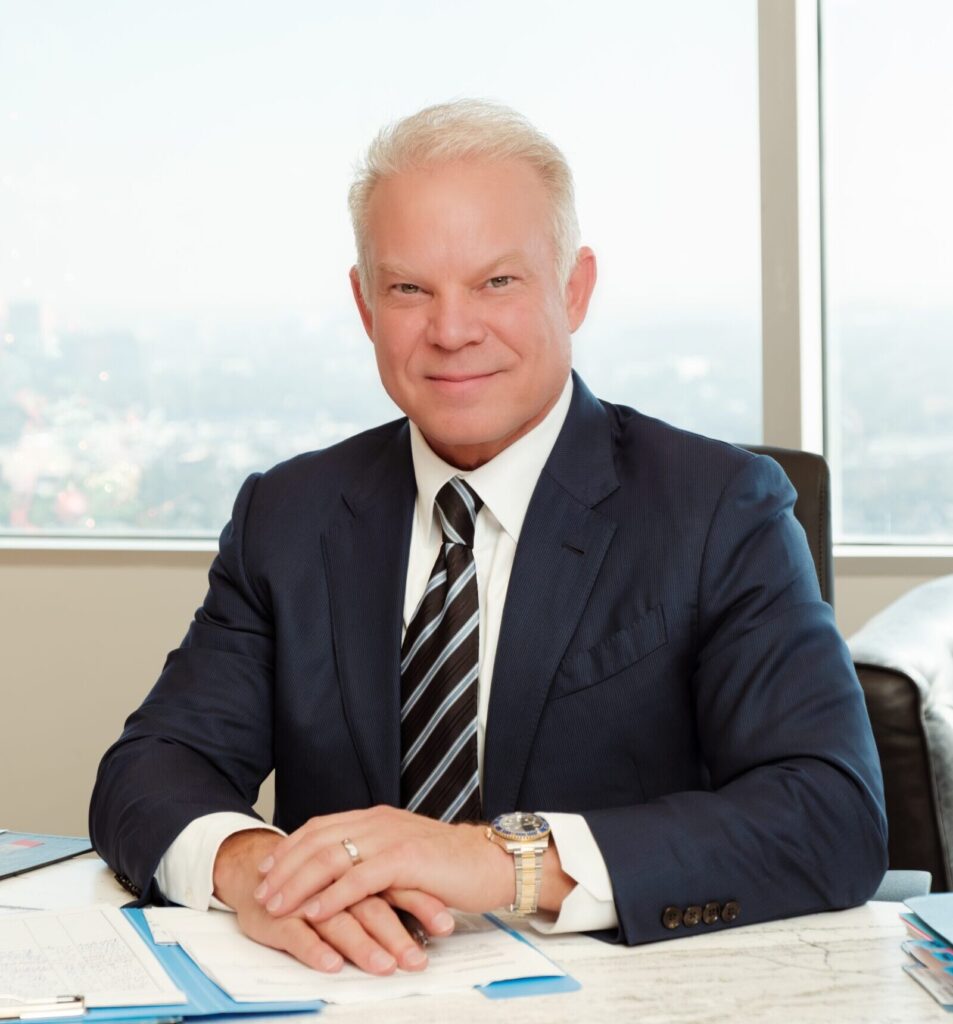
After an Uber or Lyft crash, the path forward can feel uncertain. Medical bills begin to pile up. Insurance adjusters start calling. You may be unable to work or care for your family. At Lassiter Law, we don’t just offer guidance—we take action.
Our team of seasoned Houston rideshare accident attorneys is known for winning complex cases, even when the odds are stacked against victims. We’ve helped people injured throughout Houston—from River Oaks to the East End—rebuild their lives after devastating crashes.
Here’s how we do it:
A Case Strategy Built on Speed, Precision, and Results
We know rideshare injury claims are won in the details. From the moment you contact our office, we move fast to build your strongest case.
We Secure Digital Evidence Immediately
Our team sends preservation notices to Uber and Lyft to prevent app and trip data from being deleted or altered. We also retrieve:
- GPS logs
- Ride receipts
- App usage timelines
- Cell phone records (where applicable)
We Investigate Every Angle of Liability
Using local traffic footage, witness interviews, and police reports from Houston PD, we reconstruct the crash and determine who is truly at fault. Whether the responsibility lies with the rideshare driver, another motorist, or even Uber or Lyft itself, we pursue every option for compensation.
We Build a Full-Value Damages Profile
From ER bills to long-term therapy costs, lost income to emotional trauma, we calculate the true value of your case—not just the number insurers want to pay. Then, we back it up with:
- Medical expert testimony
- Life care planners and vocational analysts
- Pain and suffering documentation
Our goal: to recover every dollar you’re owed—no compromises.
We Negotiate from Strength, Not Desperation
We don’t wait for lowball offers. We present a rock-solid case upfront and put pressure on insurers to settle fairly. If they won’t? We’re fully prepared to take your case to court.
We Fight While You Heal—At No Upfront Cost
At Lassiter Law, we believe no one should be priced out of justice. That’s why we offer:
- Free consultations
- No fees unless we win
- Flexible communication options (in-office, phone, or virtual)
- A compassionate legal team that treats your case like it’s personal

Talk to a Houston Rideshare Lawyer Today
The sooner you act, the stronger your case becomes. Contact our team now to speak with an attorney who knows how to take on billion-dollar rideshare companies—and win.
Call us today at (832) 937-4381 or schedule your free consultation online
Let Lassiter Law fight for your future—so you can focus on moving forward.
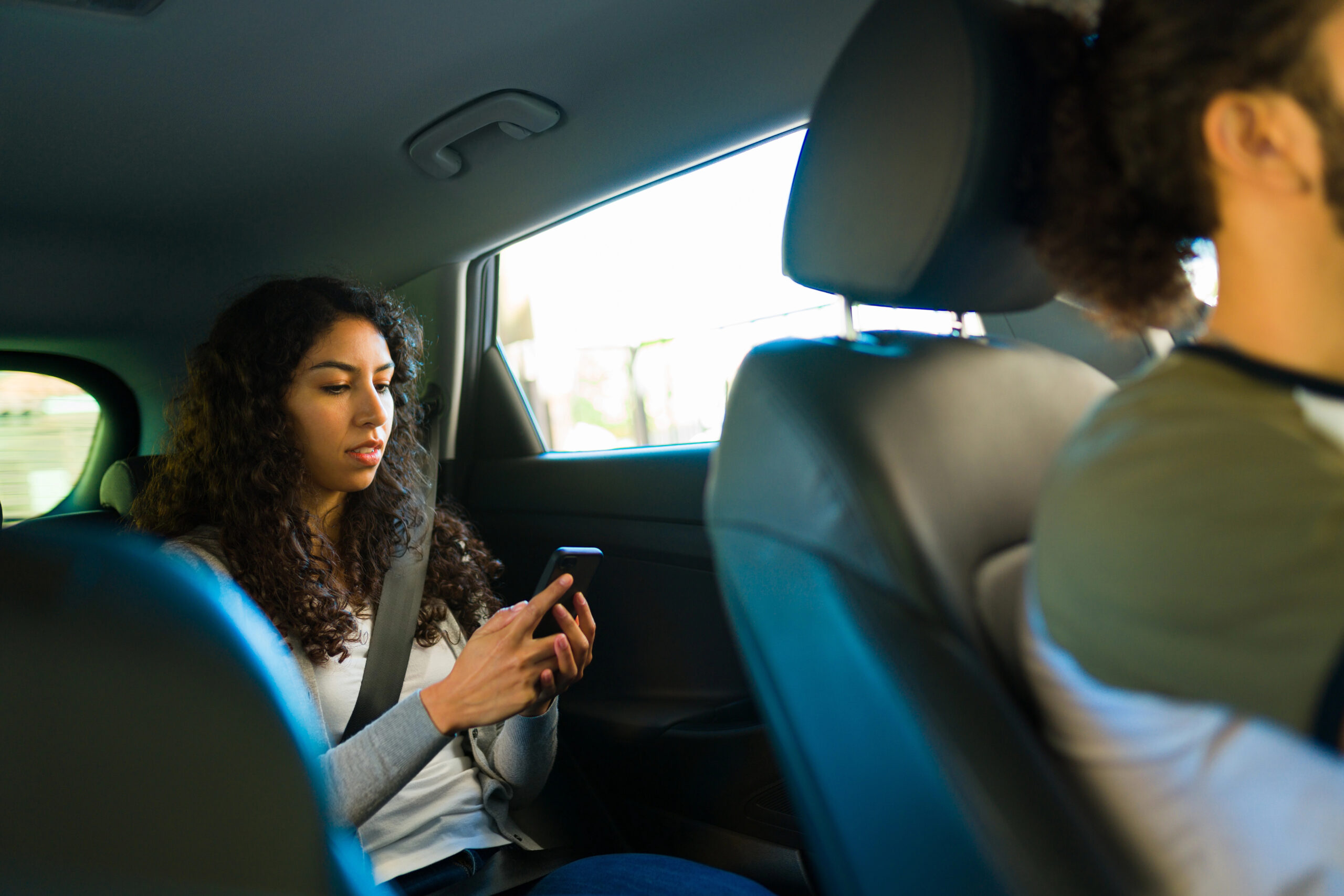
Get Lassiter
We know there are hundreds of personal injury attorneys in Houston, but there is only ONE James Lassiter. We’ve won and recovered over $300 million for clients. Get a Texas-sized injury settlement. Don’t delay, call our Houston injury attorney today. Get LASSITER or Get LESS.
Contact Us
Schedule a Free Case Review